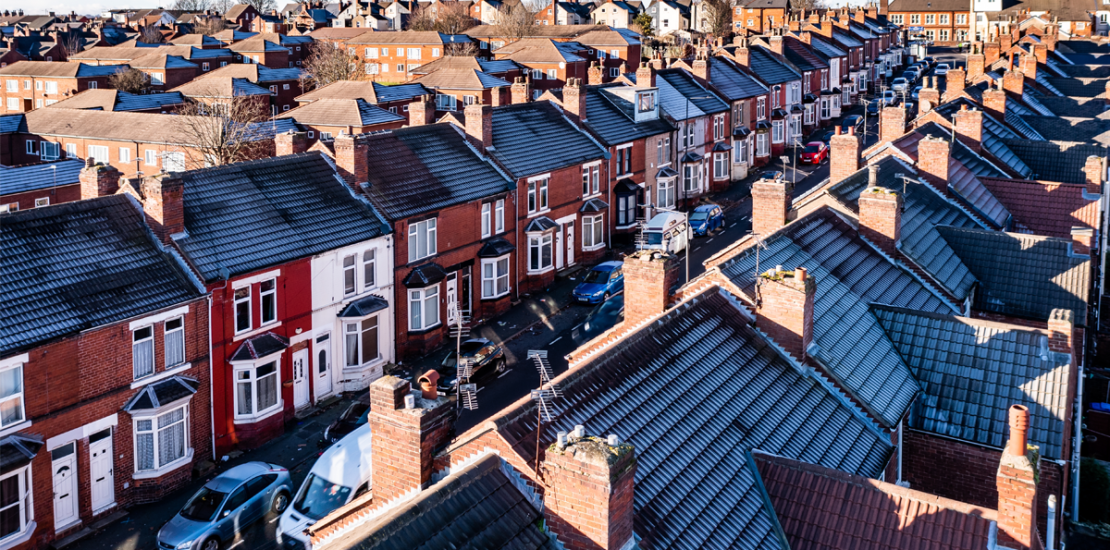National Energy Action (NEA) response to the discussion paper on the Future of Price Protection
Date: 17th May 2024

Summary of our response
National Energy Action (NEA) has been involved in policy work to maintain and reform the Default Tariff price cap for several years. This has included working with Ofgem to initially create the Safeguard Tariff cap for prepayment and other vulnerable customers. Subsequently, NEA helped to design the Default Tariff price cap to ensure it offers as much protection for low-income and vulnerable customers as possible. This has involved NEA giving oral evidence in the pre-legislative scrutiny of the Default Tarriff cap legislation, oral evidence in the Committee on the Bill, responding to over a dozen consultations on the cap’s detailed design and operation and significant engagement with Ofgem via consumer or bilateral meetings. This joint work has evolved the price cap into an effective mechanism which enhances transparency and predictability in retail markets for vulnerable consumers, at the same time as providing regulatory certainty for retail participants.
Since 2021, prices for consumers have risen dramatically. Despite the Default Tarriff cap and further government intervention to directly reduce energy bills, consumers are now paying 49% more than they were at the beginning of the crisis. However, NEA believes consumers would be facing much higher bills if it had not been for the price cap and we stress that any significant reform to the current arrangements to facilitate the evolution of the retail energy market in offering lower carbon, lower cost bills, should not come at the cost of current consumer protections.
Finally, NEA underlines the importance of introducing deeper price support for the most vulnerable customers. Without alleviation from affordability pressures, more households are likely to fall into debt, and those already in debt are likely to fall into deeper debt. The result will be a greater level of costs that suppliers need to recover across all customers.
DESNZ was due to consult on long-term arrangements for price protection in the energy market, including through the potential reintroduction of a social tariff, last summer. DESNZ should re-commit to consulting on the introduction of a social tariff, or other form of deeper price support for low-income consumers. The introduction of a social tariff could de-risk the process of reform for default tariffs, by ensuring that many of the households who currently rely on the energy price cap receive protection through another mechanism. It would also ensure that the most vulnerable customers are protected in the future, helping to create a fair and affordable transition to net zero.
Resources
© 2025 NEA all rights reserved.




